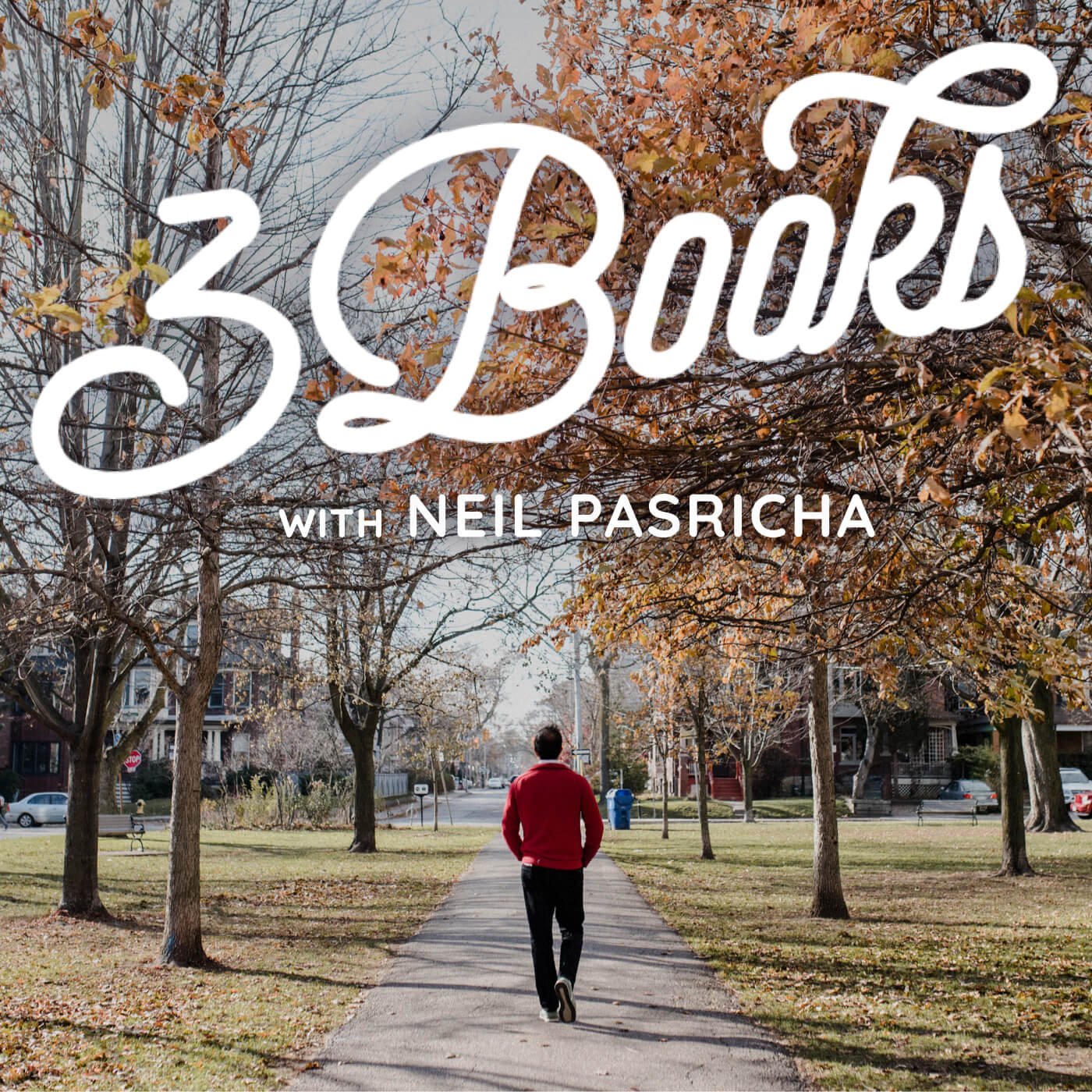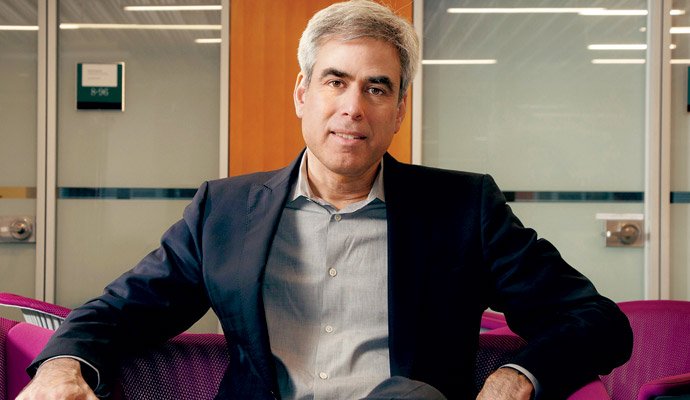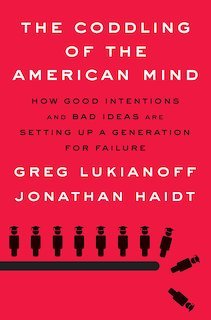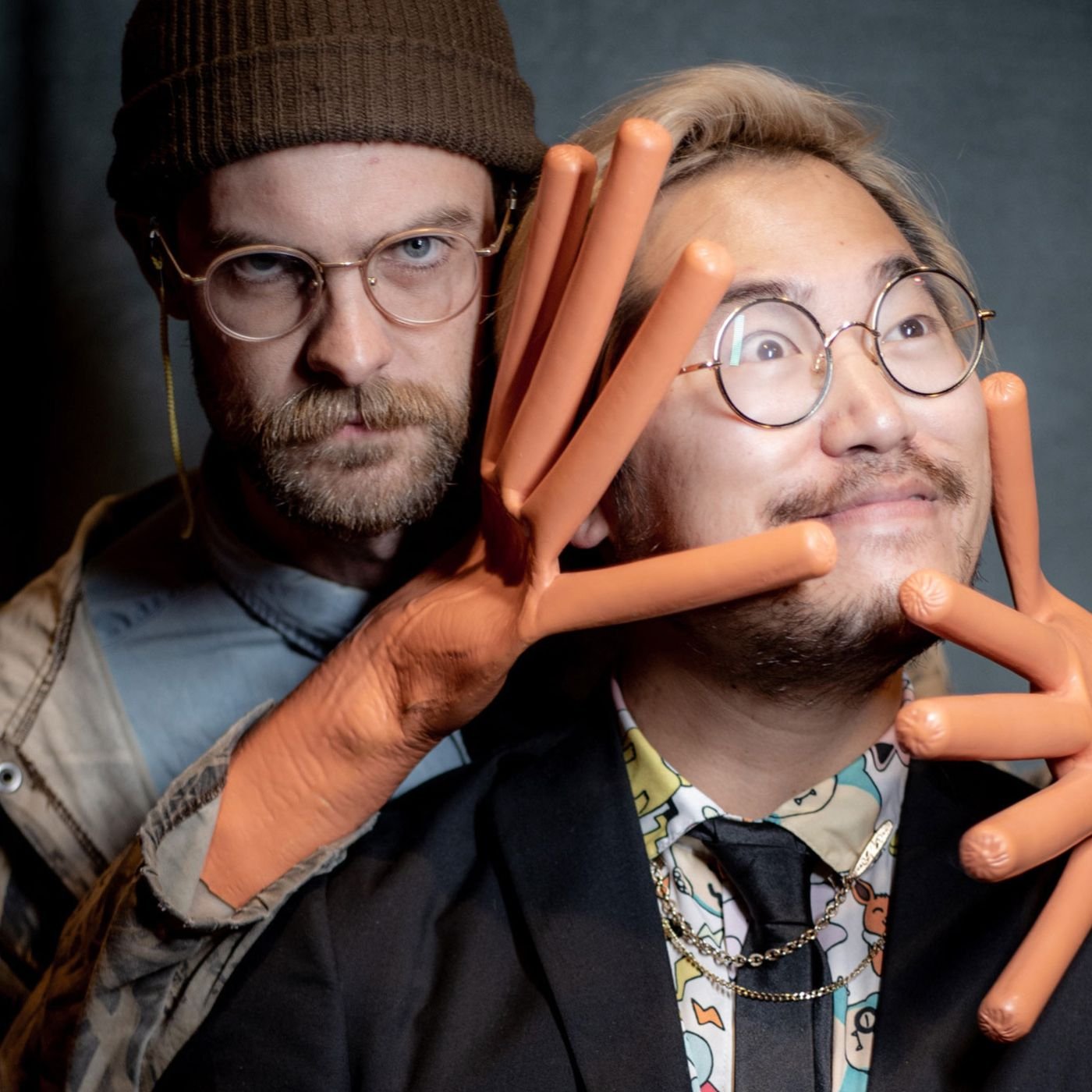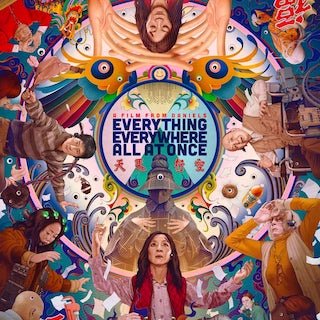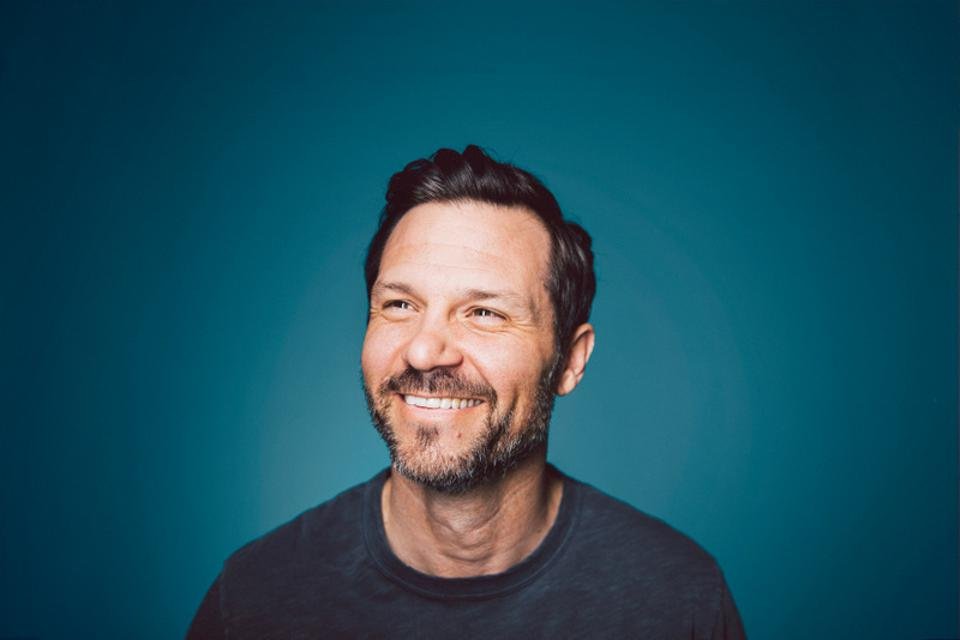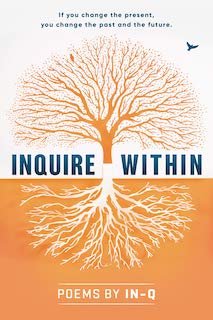Nancy Pearl is a Superhero Librarian.
One of our values on 3 Books is “Librarians and booksellers are doctors for the mind” and while we’ve hung out with a number of booksellers, Nancy is somehow our very first librarian!
How did we find Nancy? Well, 3 Booker Cindy Sharek left us a gushing voicemail at 1-833-READ-A-LOT singing Nancy’s praises and we were convinced. She’s won the Librarian of the Year Award, received a Lifetime Achievement Award from the Pacific Northwest Booksellers Association, and, get this, has even been turned into an action figure!
Nancy is a frequent guest on NPR’s Morning Edition, has her own TV show called Book Lust with Nancy Pearl, and, as if all that wasn’t enough, is also a bestselling author with titles like George and Lizzie, Book Lust, and The Writer’s Library.
Nancy joined me from her home in Seattle and we talked about the role of the library today, the power of reading, the joy of meandering, the 4 Ps of books, which books help reluctant readers get their start, what makes debut novels special, movie adaptations, audio books, and, of course, her 3 most formative books.
Let’s flip the page into Chapter 105 now…
Chapter 105: Nancy the librarian on the riches and rewards of resplendent reading
What You'll Learn:
What purpose does a public library serve today?
How do librarians help readers choose books?
What are the 4 Ps of books?
What books help reluctant readers?
Why should we reread Harry Potter?
What’s special about debut novels?
Which books let you meander?
Should we see movies adapted from books?
What are the best books to start enjoying audio books?
And much, much more…
Notable quotes from nancy:
“The public library is the heart of the community.” Nancy Pearl #3bookspodcast
“A public library is the people’s university.” Nancy Pearl #3bookspodcast
“I have chosen in this life not to do anything basically except read.” Nancy Pearl #3bookspodcast
“Reading has been the bedrock for everything.” Nancy Pearl #3bookspodcast
“Reading and believing in what you do are the keys to success.” Nancy Pearl #3bookspodcast
connect with Nancy:
word of the chapter:
Resources Mentioned:
Nancy’s first book [14:54]
Nancy’s second book [31:40]
Nancy’s third book [44:40]
The Book of Awesome by Neil Pasricha
A Fraction of the Whole by Steve Toltz
The Brothers K by David James Duncan
Cloud Atlas by David Mitchel
Hatchet by Gary Paulsen
Solitude by Michael Harris
Northwind by Gary Paulson
The Hobbit by J.R. Tolkien
Lord of The Rings by J.R. Tolkien
Harry Potter series by J.K.Rowling
Here Goes Nothing by Steve Toltz
George & Lizzy by Nancy Pearl
Searching for Caleb by Anne Tyler
The Clock Winder by Anne Tyler
Less by Andrew Sean Greer
Middlesex by Jeffery Eugenides
Wanderlust by Rebecca Solnit
There But for The by Ali Smith
The Lonesome Dove by Larry McMurtry
The Philadelphian by Richard P. Powell
No Country for Old Men by Cormac McCarthy
No Country for Old Men the movie
Master and Commander by Patrick O’Brian
Lin Manuel Miranda reading of The Brief and Wondrous Life of Oscar Wao
The Writer’s Library by Nancy Pearl
Book Lust by Nancy Pearl
Book Lust To Go by Nancy Pearl
The Prince of Tides by Pat Conroy
The Book of Basketball by Bill Simmons
Quiet by Susan Cain
Bittersweet by Susan Cain
Diary of a Bookseller by Shaun Bythell




